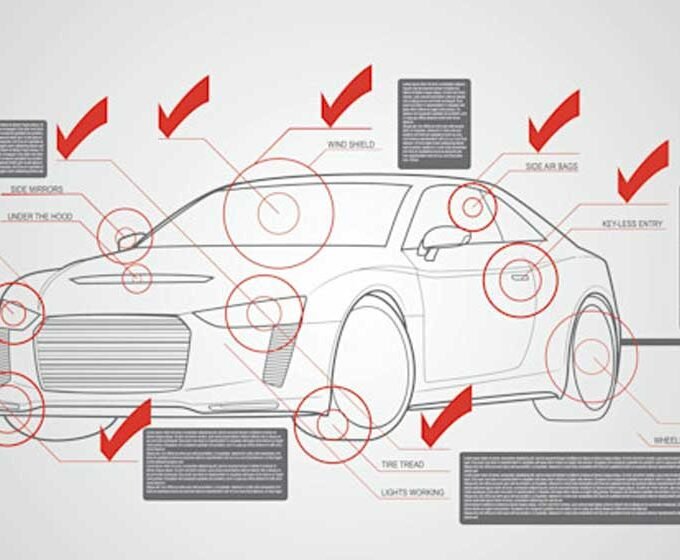When you hear the words driving lesson cost, what comes to mind? Perhaps you think of the initial outlay for taking professional driving lessons. This is certainly an important consideration, but it’s only one piece of a larger financial puzzle. The economic benefits of driving lessons extend far beyond simply passing your driving test; they encompass a myriad of financial advantages, such as reducing the risk of traffic fines and vehicle damages.
Learning to drive is a rite of passage for many people. It signals a leap towards independence, and it can also be an essential requirement for a range of jobs. However, investing in professional driving lessons is about much more than just ticking a box. With the right instruction, these lessons can significantly reduce the likelihood of incurring traffic fines, and crucially, lessen the probability of being involved in accidents leading to vehicle damages.
The Cost of Traffic Violations
Traffic violations come in many forms, from parking infractions and speeding to driving under the influence or reckless driving. These infringements can be costly, often running into hundreds or even thousands of dollars per incident. The economic impact of these fines on the individual can be profound, especially for repeat offenders.
A study by the National Motorists Association in the U.S found that the average speeding ticket costs $150, and the cost increases when you factor in insurance hikes that can follow a violation. A moving violation can boost your insurance rates by up to 22%. Over time, these costs can add up significantly.
It’s here that the driving lesson cost can be seen as an investment rather than an expense. By investing in professional driving lessons, drivers can gain a thorough understanding of traffic laws, thereby reducing the likelihood of committing traffic violations.
Mitigating Vehicle Damages
In the unfortunate event of a car accident, the costs can quickly escalate. There are repair costs for the vehicle, which can run into the thousands depending on the extent of the damage. In some cases, the car might be a total write-off, necessitating the purchase of a new vehicle. Additionally, there are potential increases in insurance premiums following an accident.
Moreover, it’s not just the driver’s vehicle that can be damaged in an accident. If another vehicle is involved, the driver may be liable for those repair costs as well, plus any related medical costs if there are injuries.
Driving lessons can play a pivotal role in mitigating these risks. They provide new drivers with the practical skills they need to navigate the roads safely and defensively. Moreover, experienced drivers can also benefit from refresher courses that can help them stay abreast of new traffic regulations and advanced driving techniques.
Driving Lessons: An Economic Investment
When contemplating the driving lesson cost, it is crucial to view it as an investment. The lessons equip drivers with the skills and knowledge to avoid costly traffic fines and potential vehicle damage. They can lead to safer driving habits, which can, in turn, result in lower insurance premiums over time.
Driving lessons aren’t just about passing a test; they’re about fostering a safer driving environment for everyone. While the financial savings are clear, the value of peace of mind and confidence on the road is immeasurable.
In conclusion, while the cost of driving lessons may seem like a significant upfront expense, the economic benefits are substantial. They can help avert costly traffic fines and prevent vehicle damages by promoting safer driving habits and a better understanding of traffic rules. Next time you think about the driving lesson cost, remember that it’s not just an expense, but a long-term investment in safer and more economical driving.
















